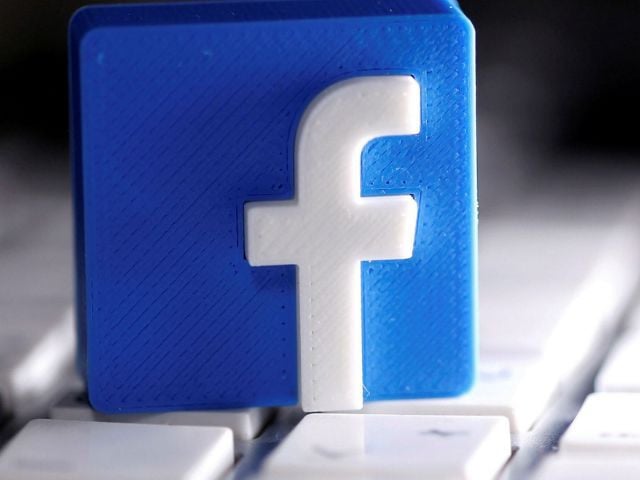The Papua New Guinea government has blocked access to Facebook, describing the move as a test to curb misinformation, hate speech, and explicit content.
The shutdown, which started on Monday, March 24, 2025, enforced under the country’s anti-terrorism laws, has continued into Tuesday without any restoration timeline.
Criticism has trailed the decision, with opposition politicians, media groups, and business leaders arguing it undermines free speech and economic activities nationwide.
Police Minister of the state, Peter Tsiamalili stated that the government is not suppressing free expression but promoting responsible social media usage among citizens.
“The unchecked spread of fake news, hate speech, pornography, and incitement to violence on Facebook is unacceptable,” Tsiamalili said in a statement.
With an estimated 1.3 million users, Facebook remains Papua New Guinea’s most popular social media platform for discussions, commerce, and political engagement.
The opposition has condemned the decision, with lawmaker Allan Bird describing it as draconian and warning about its implications for democracy.
Similarly, the Media Council of Papua New Guinea has called the shutdown an abuse of human rights and a violation of free speech.
Business groups have also raised concerns, saying the ban will hurt small traders who depend on Facebook for marketing and communication.
John Pora, chairman of Papua New Guinea’s Small and Medium Enterprise Corporation, said the informal sector would suffer heavy financial losses.
The National Information and Communications Technology Authority (NICTA), claimed it was unaware of the plan, raising concerns over government transparency and coordination.
Facebook company Meta has yet to respond to the development, leaving uncertainty over whether the shutdown will be lifted soon.
Meanwhile, Facebook has been banned or restricted in several countries due to censorship, security concerns, and political control.
Here is the list of countries with Facebook ban
China blocked Facebook in 2009 after protests, replacing it with government-controlled platforms like WeChat and Weibo.
North Korea has a complete internet blackout, allowing only officials to access foreign sites.
Iran banned Facebook in 2009 after anti-government protests, while Russia blocked it in 2022, accusing it of suppressing Russian media.
Turkmenistan enforces strict internet control, preventing access to foreign social media. Uganda has intermittently banned Facebook during elections to limit opposition influence.
Myanmar restricted Facebook after the 2021 military coup, while Vietnam temporarily blocked it during political unrest.
These bans are often justified as security measures, but critics argue they suppress free speech and control information.
Despite restrictions, many citizens in these countries use VPNs to bypass censorship and access Facebook







